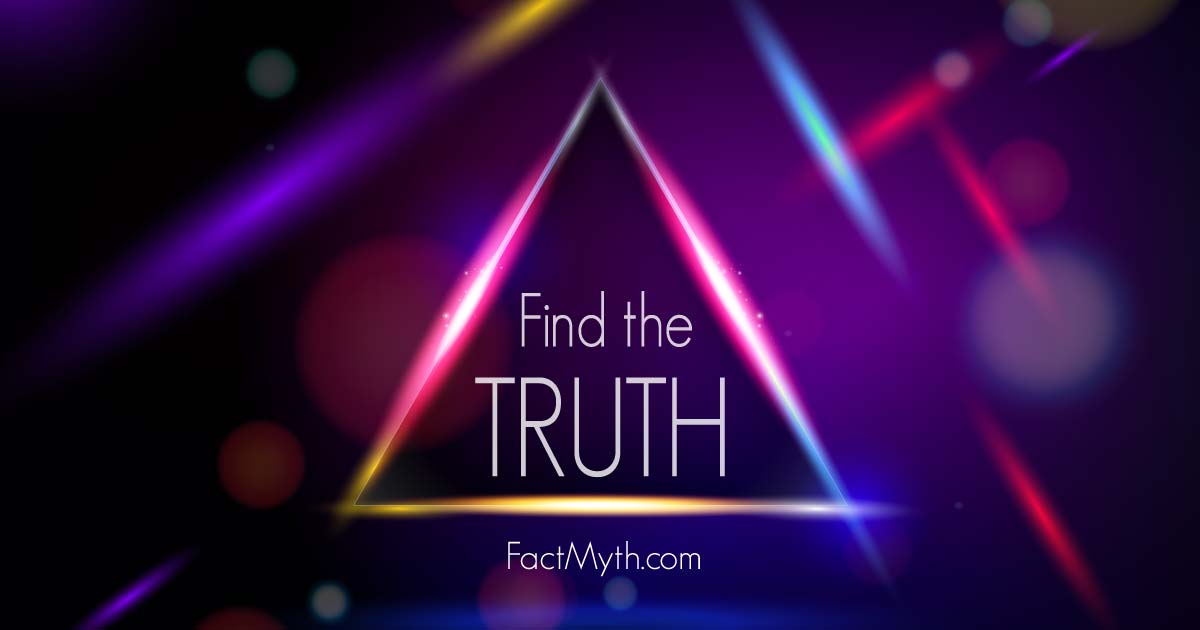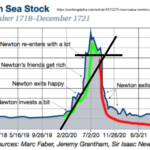Facts and Myths on Everything
FactMyth.com is a fact-checking website that presents a collection of facts and myths. It is an educational resource full of explainer videos, citations, history, logic, and science.
FactMyth.com intro video.We fact-check the conclusions of common internet talking points, peer-reviewed journals, the classics, Netflix documentaries, historians’ accounts of history, smart TV shows, select claims by officials and official reports, YouTube videos, economic theories, scientific theories, popular science, folklore, commonly held beliefs, and other academically minded “factoids” (unverified claims AKA unverified propositions) passed around the culture and media of any era.
After researching a “factoid,” curating the best citations and videos we can find in the process (the best evidence of any sort), we rate the overarching statement (proposition) as “fact” or “myth” (thus assigning a certain truth-value to the proposition based on research). We then explain our position in as simple and clear terms as possible to build a case for our conclusion, using citations and offering insight into counterpoints (we back up our assigned truth-value by presenting an informal argument, generally written in essay form).
It isn’t that we are always correct, in fact we are only human (as Montaigne said, “what do I know?”, as Plato’s Socrates had previously answered “I know that I know nothing“, although as Lincoln said, “I am not a Know-Nothing“). In fact, that is an important part of the site, we are always digging deeper and seeking alternative viewpoints!
To rephrase the above, digging for the truth is complex, we don’t have all the answers, and that is why we need your help!
Users can help us stay relevant and accurate by commenting on our facts and myths to offer rebuttals and insight. We “follow the truth where it may lead” as they say, so feel free to offer citations and challenge our findings!
Simply put, we aren’t experts, we are researchers, and the hunt for truth is a collective process of “being skeptical” and “questioning everything” (feel free to join in on the fun by commenting and questioning us!)
With that all said, one should note that FactMyth.com isn’t a place to debate emotionally charged opinions and rhetoric (we cover relevant political science and policy, but try to avoid the political talking points of the day, for example). The focus is instead on high-level academic information (including facts and myths on history, geography, people, the arts, sciences, maths, and philosophies) and practical information (including facts and myths related to self-help, health, skill-sets, technology, finance, and culture). In this way the site doubles as a free online university for general knowledge (or at least an encyclopedia or reference guide of interesting and useful truths; i.e. it is an encyclopedia of knowledge of all types, presented as a fact-checking site).
We ask a bit of the reader intellectually, but we try to keep it simple and “explain it like you are five (a really smart 5).”
Help us level up the collective intelligence of the internet by commenting and sharing. There is cake!
TIP: If you’re not feeling epistemological, you’re not paying attention! Learn more about “How FactMyth.com works.”















